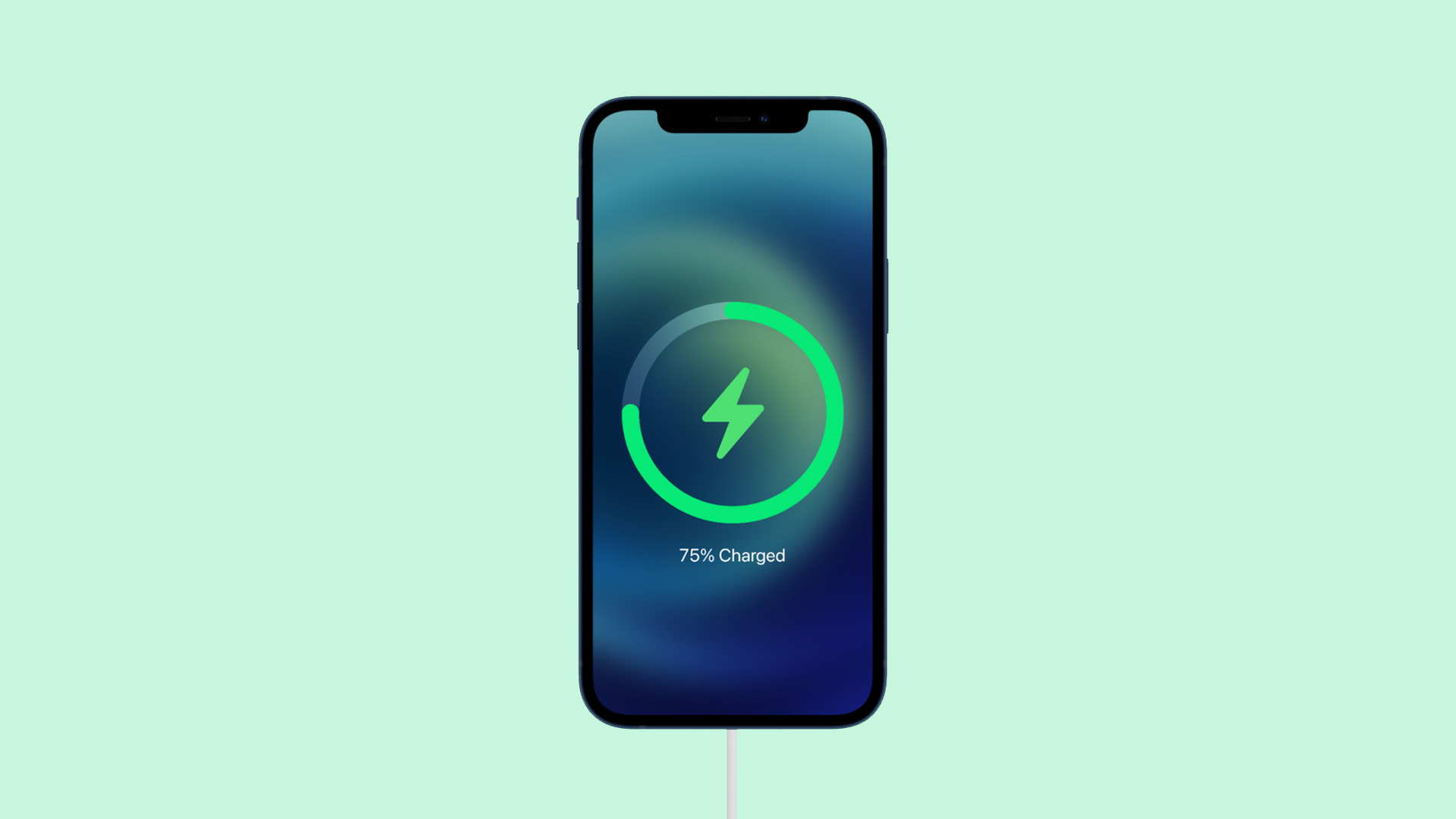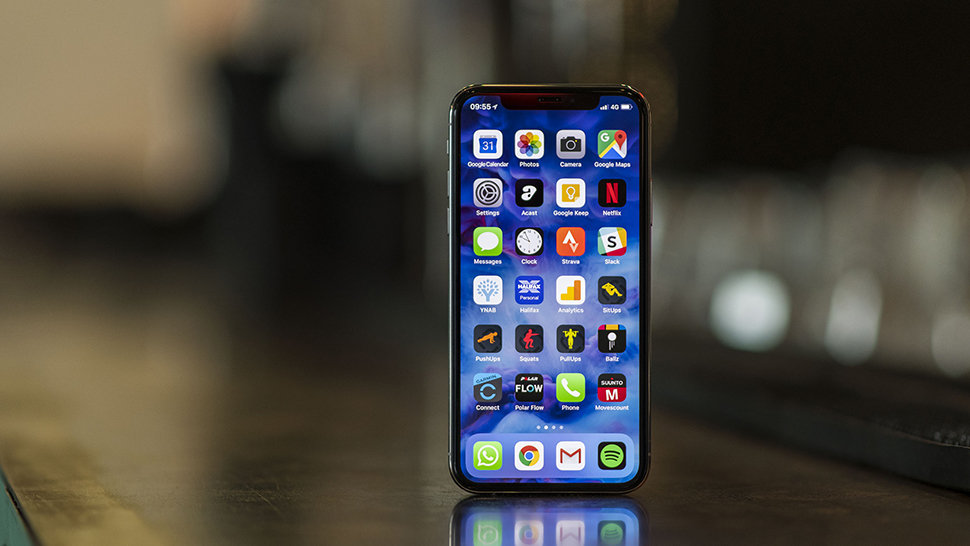In 2021, more than ten years after the beginning of the smartphone revolution, it is easy to forget how many design trends have been and gone. Since 2007, with the launch of the first iPhone, we have lost keyboards, buttons, ports, bezels and more in the quest for ‘less’.
What the ‘perfect’ smartphone is supposed to look like is a question that has yet to find an answer, but is one that designers are constantly working to solve. It seems at the moment that the solution may be a glass sandwich with a screen and nothing else, and 2021 is looking increasingly likely as the year that this ‘final’ design may appear.
Crucially, it is Apple that is expected to lead the charge. Apple occupies an odd position in the smartphone market, having a reputation for incremental conservatism in design, but regularly leading the charge in new trends. Apple has pioneered such beloved changes as the screen notch, face unlock, multiple rear cameras, the removal of the headphone jack and fingerprint sensors.
Such is the cultural heft and influence of the company that choices it makes tend to be accepted by the public at large. Wireless charging came much closer to hitting the mainstream when Apple adopted the tech in its handsets, and the true wireless earbud market exploded when the headphone jack was dropped and AirPods were first sold as an alternative to wired options.
If the natural evolution of phone design is towards something ‘portless’, then it is likely that only Apple could pull the execution off in such a way that it became mainstream.
And Apple, to date, has been one of the few companies with the ‘courage’ to pull off such decisions... could it be set to happen with the iPhone 13? Some leaks and rumors suggest one of those handsets will be portless... so how likely is it to happen?
Why go portless?
What is the point in going portless? There are many schools of thought on the issue.
The primary driver is simply aesthetic - having fewer obstructions makes for a cleaner look and feel in the hand. There is also a benefit to durability, as charging ports have a tendency to come loose after continuous use, their absence would mean that this would cease to be an issue.
Advantages would also come in the form of increased waterproofing ratings, slightly more durable construction and increased space in the body of the smartphone for other components, such as larger batteries.
These were all the benefits of removing the headphone jack, it is likely they would be replicated with the removal of the power port.
Of course, there are a number of drawbacks, not least in terms of usability. Wireless charging, though convenient at times, can be finicky and generates a lot of heat. It requires the use of specific, relatively expensive chargers and takes longer to bring phones to a full charge than wired options.
Power ports also tend to double as data ports for synchronization with PC/Macs and for the use of dongles and accessories - removing this option would present a significant disadvantage to many.

With its iPhone 12 line, Apple has attempted to solve the first issue however. MagSafe charging is intended to hold the charger in the correct position on the iPhone it is connected to in order to ensure a stable and fast power transfer.
So far a number of accessories have been released which take advantage of this feature, and Apple’s attention in this area has led to an increased awareness of wireless charging as an option, although it still remains relatively niche.
Preparation in this area may indicate that the firm intends to release a fully portless smartphone in 2021, though at this point it is difficult to say. Any iPhone release will typically take place in Q4 of the year in question, and before mass production begins it is difficult to come across any leaks or insights that aren’t purely speculation.
Information supply chain
This being said, there have been a number of ‘informed guesses’ from influential tipsters which do indicate that a portless iPhone may make an appearance in the second half of 2021.
Jon Prosser, well known for his accurate predictions in this area, is confident this will happen. Ming-Chi Kuo of TF International Securities (making predictions from supply chain analysis) has released research that shows 2021 as the year a portless iPhone will make an appearance.
This report, released in 2019, correctly predicted the iPhone release slate for 2020, lending it some credence. It forecasts that one iPhone in 2021 will be portless, likely the highest end model. This would then set the trend for the year to follow, with that design feature to trickle down to the less expensive models.
Such techniques are tried and tested, especially with Apple. Its iPhone X was one of the first mainstream smartphones to sport a notch on its screen, and it was the first to break the $1000 price barrier. It was an unmitigated success for Apple, demonstrating the ability of the company to make the ‘new’ feel not only desirable, but essential.

There may be limits to this ability of course, maybe even the Cupertino firm might not have enough capital with the public to force this last and very final change.
Other companies after all have tried and failed to do the same. Chinese manufacturer Meizu’s effort in 2019 famously crashed and burned. The company tried to crowdfund the production of a portless smartphone, primarily as a publicity stunt, however it failed to achieve anything close to its funding goal.
Though many different factors came into this, a key point may be the hesitance of the public to let go of the convenience of wired charging. We've seen concept devices try to do similar from manufacturers like Oppo as well.
Regardless, if the reports are true, all eyes will be on Apple and the success of its portless phone. The company has jumped from strength to strength in the last decade, and it seems that little will get in its way.
- Before the iPhone 13, we're expecting the Samsung Galaxy S21
from TechRadar - All the latest technology news https://ift.tt/3523BGa
No comments:
Post a Comment